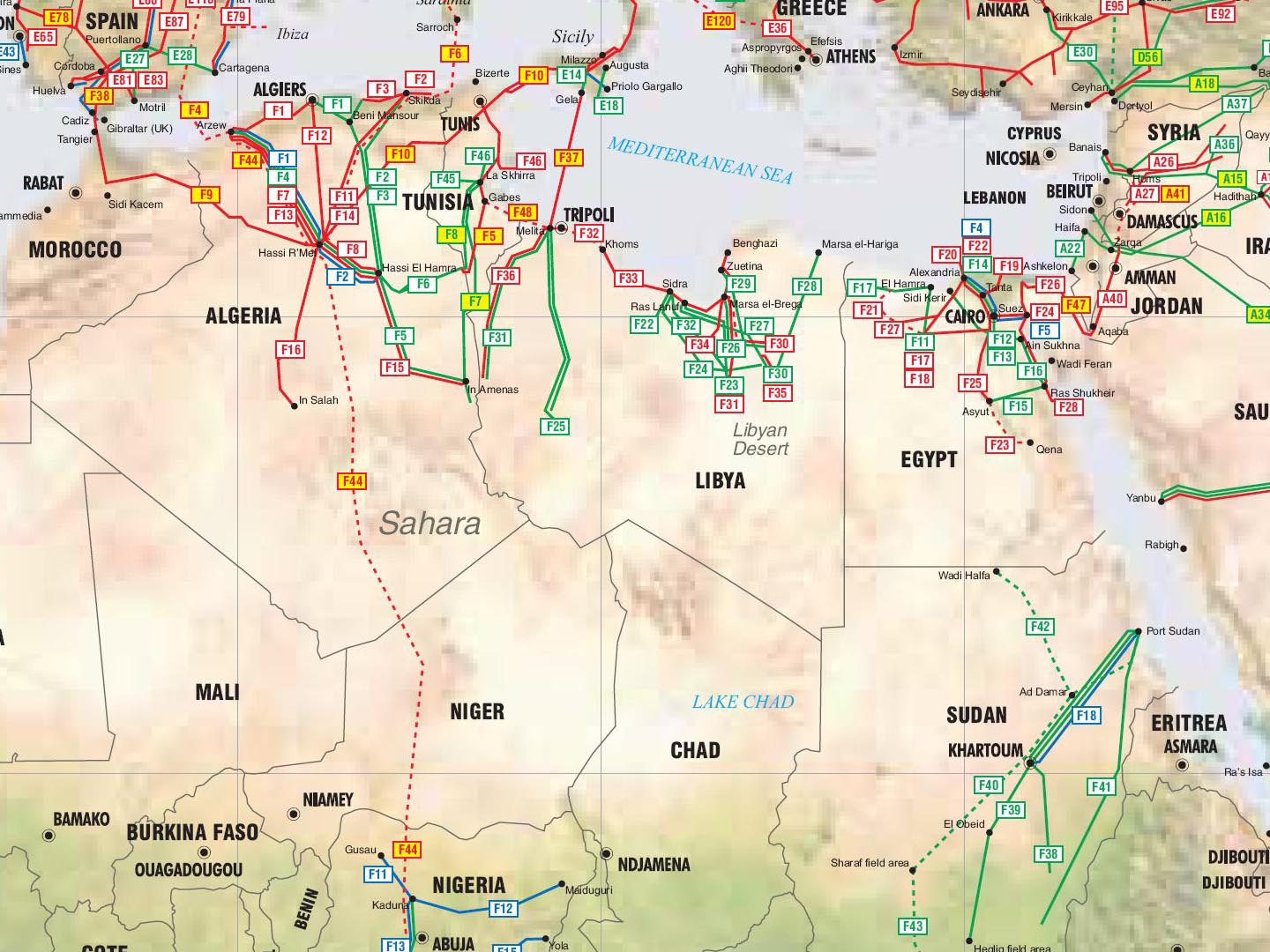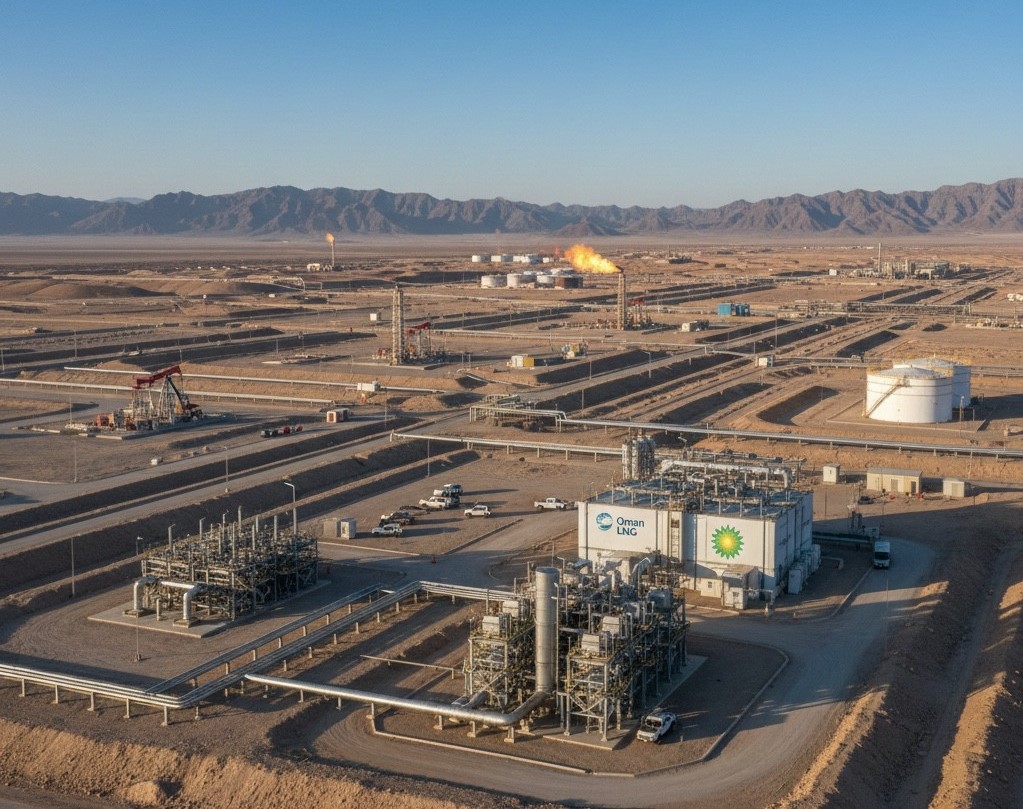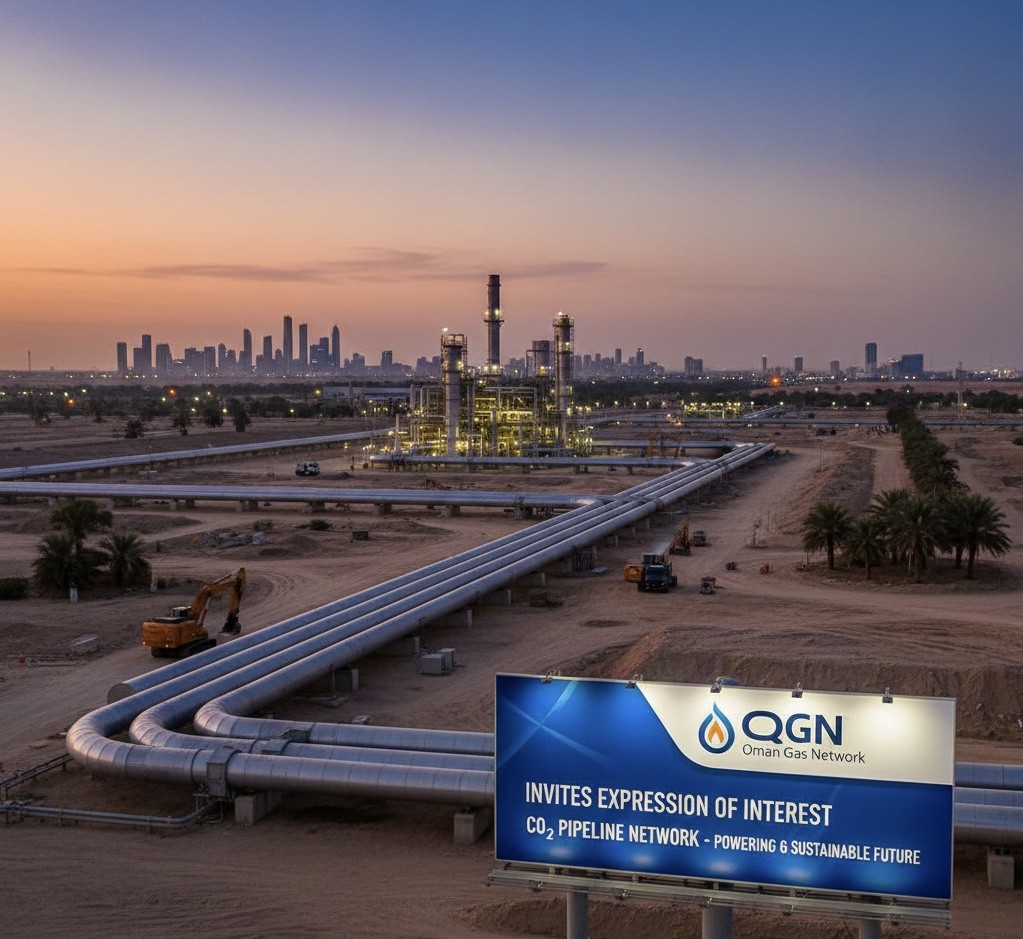LAGOS, NIGERIA / RABAT, MOROCCO – May 7, 2025 — The Governments of Nigeria and Morocco, in collaboration with the Economic Community of West African States (ECOWAS), are pleased to announce significant progress on the Nigeria-Morocco Gas Pipeline (NMGP) project, a transformative regional infrastructure initiative aimed at enhancing energy access, regional integration, and economic development across West Africa.
The NMGP, projected to span approximately 5,600 kilometers and pass through 13 West African countries, will connect Nigeria’s vast natural gas reserves to Morocco, with potential extension to Europe. The project is expected to benefit over 340 million people through improved energy supply and increased investment in the region.
Key Milestones Achieved:
- Land Acquisition and Environmental Assessments:
Preparatory work is currently underway, including land acquisition and environmental and social impact assessments across several countries along the proposed pipeline route. These measures aim to ensure the project is developed sustainably and with minimal disruption to local communities. - 2025 Tender Launch in Morocco:
The Moroccan National Office of Hydrocarbons and Mines (ONHYM) has announced plans to initiate tenders for pipeline construction within Moroccan territory in 2025. This milestone is part of ONHYM’s 2025 Action Plan and reflects Morocco’s strong commitment to the project. - Final Investment Decision (FID) Discussions Accelerate:
Nigeria and Morocco are in advanced discussions to expedite the Final Investment Decision, which will enable the transition from planning to construction. This dialogue aims to attract further investment and solidify partnerships with regional and global stakeholders. - ECOWAS Institutional Support:
ECOWAS Ministers have formally adopted a series of agreements supporting the implementation of the NMGP. These agreements will ensure regional alignment and operational coordination throughout all project phases.
Strategic Impact:
The NMGP is a vital component of the African energy transition strategy. By diversifying supply sources and improving energy infrastructure, the pipeline will contribute to poverty reduction, industrial growth, and long-term energy security. Additionally, the project complements Morocco’s renewable energy goals, as the Kingdom targets over 50% of installed power capacity from renewables by 2030.
About the NMGP Project:
Initiated in 2016 through a strategic partnership between the Federal Republic of Nigeria and the Kingdom of Morocco, the Nigeria-Morocco Gas Pipeline is one of the most ambitious transcontinental infrastructure projects in Africa, aiming to position West Africa as a key player in the global energy economy.





